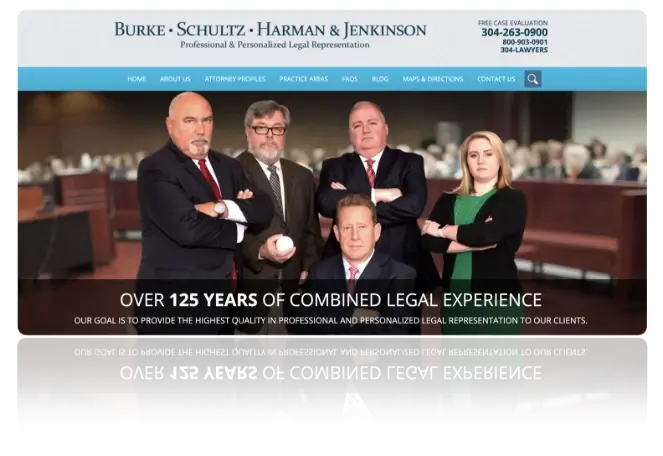Law Commentary - California Edition
Harvey Weinstein's Rape Conviction Overturned by NY Appeals Court
Harvey Weinstein's 2020 rape conviction has been overturned by the New York State Court of Appeals on Thursday, leading to the prospect of a new trial. The decision stems from allegations of unfair conduct by the judge during the high-profile #MeToo trial. The court ruled 4-3 in favor of overturning the conviction, citing improper rulings that allowed testimony about uncharged allegations not directly related to the case.
The lawsuit was filed by Weinstein's legal team, challenging the integrity of the trial proceedings. They argued that the judge's decisions, including allowing testimony about unrelated allegations and permitting cross-examination on misconduct allegations, unfairly prejudiced Weinstein's case. The court found these actions to be “egregious errors” that warranted a new trial, potentially involving testimony from Weinstein's accusers once again.
In legal terms, an "egregious error" refers to a mistake made during a trial that is so serious and substantial that it affects the fundamental fairness of the trial itself. This concept is crucial in appeals where the legitimacy of a trial's conduct is contested. In the context of Harvey Weinstein's 2020 rape conviction, which was overturned by the New York State Court of Appeals, the term "egregious error" was applied to describe conduct by the trial judge that the appellate court found to have unfairly prejudiced the defense.
The standard of review in such cases is typically whether the error was "harmless" or whether it had a "harmful effect" on the trial's outcome. In legal practice, if an error is determined to be harmless, the conviction would likely stand. However, if the error is seen as harmful—meaning it had a significant impact on the trial's outcome—the conviction may be overturned, as it was ruled by a majority decision in Weinstein's case.
In New York, the appellate courts thoroughly review the trial record to determine whether the lower court judge made decisions that departed from established legal standards, such as admitting improper evidence or making incorrect jury instructions.
The New York State Court of Appeals found that the trial judge committed "egregious errors" by allowing testimony about uncharged allegations that were not directly related to the case. This inclusion of unrelated testimonies is seen as prejudicial because it can influence the jury by presenting them with potentially biasing information that does not pertain to the charges at hand. The appellate court judged that such errors could have influenced the jury's decision-making process, thereby compromising the fairness of the trial.
As a result of this finding, the appellate court overturned Weinstein's conviction and remanded the case for a new trial. This means that the case will be re-tried in the lower court with the exclusion of the previously admitted prejudicial evidence. The decision underscores the appellate system's role in ensuring that trials are conducted within the bounds of the law and that defendants receive a fair trial according to constitutional standards.
Following the court's decision, a spokesperson for the Manhattan District Attorney's Office expressed its commitment to retry the case, emphasizing its dedication to seeking justice for survivors of sexual assault. However, this decision has been met with criticism from advocates for survivors, who argue that it imposes additional trauma on Weinstein's accusers by subjecting them to another trial.
In dissenting opinions, judges expressed concerns about the majority's decision, with one accusing them of “whitewashing the facts” and failing to acknowledge the jury's consideration of Weinstein's past assaults. Despite this dissent, the majority's ruling stands, signaling a significant setback for the #MeToo movement.
Currently, Harvey Weinstein is serving a 23-year sentence in a New York prison on charges of criminal sex act and rape in the third degree. His team has welcomed the court's decision and maintains his innocence.
© 2024 LawCommentary.com. All rights reserved.

